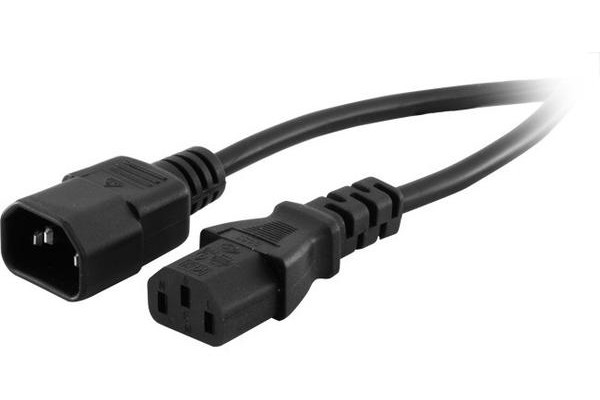Does it seem like you just can’t get any relief from that annoying bout of hay fever every spring? Well, you may be using the wrong medication. According to a survey of nearly 300 Australians suffering from hay fever, only 16% of them selected the appropriate medication to treat their symptoms. That being said, if you want to spend less money and less time being miserable, it’s important to pick the right medication for your condition.
While it’s best to consult your doctor about the best treatment option, this can often be a problem when you need immediate relief. Taking into account how to hard it is to get a doctor’s appointment on time, many allergy sufferers tend to choose OTC remedies. But, even if your doctor advised you to try a particular medication and you’re still not experiencing any significant effects, it’s helpful to know a thing or two about the most effective options you have available so you can make a good choice.

Antihistamines
Antihistamines, found in the form of allergy tablets and sometimes as capsules and syrups, work by blocking the production of histamine – the chemical that’s released by the immune system as a response to an allergen such as pollen or dust. So when the production of histamine is prevented, the typical symptoms of hay fever such as sneezing, runny nose, itchy throat and watery eyes do not appear.
Unfortunately, antihistamines have a bad reputation for causing drowsiness which is many people avoid them believing that they can impair their concentration or driving ability. While that may be the case with older antihistamines such as Benadryl, newer and improved allergy tablets such as Claratyne tend to have low sedating side effects. What’s more, besides being effective against the symptoms of hay fever, antihistamines also help against hives and allergic reactions caused by insect stings and bites.

Nasal Steroids
If your only symptom is a runny and itchy nose, nasal corticosteroids may be the most convenient choice. Although these products are referred to as steroids, they aren’t the same types abused by some athletes. Corticosteroids work by mimicking cortisol which is a stress hormone that reduces inflammation which is a symptom associated with allergies. While nasal sprays rarely cause any side-effects, they can sometimes make symptoms worse if you have allergic asthma. What’s more, certain types of steroids aren’t suitable for pregnant women and women who are nursing.
Immunotherapy
It’s important to note that these options can only reduce the symptoms caused by allergies. In other words, whenever you’re exposed to the allergen again, your symptoms will return. In order to prevent symptoms from reappearing, many people with severe hay fever reactions opt for immunotherapy. This type of treatment involves several injections of allergen extracts over the course of 3-5 years. As a result, the body gets used to the allergen without reacting in any harmful way.



















